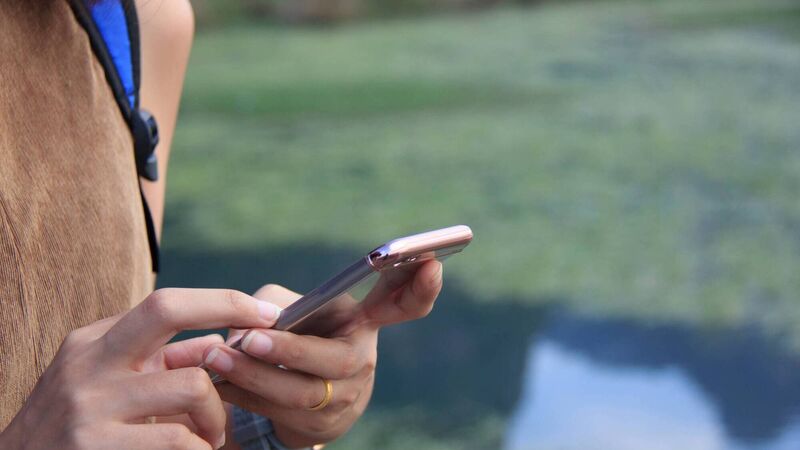Campaign aims to improve awareness of coercive control

A Red C survey carried out for Safeguarding Ireland found that just 45% of people were confident they could identify coercive control if they witnessed it.
Confidential help is available for anyone faced with coercive control. That is the message from a new campaign being launched today amid "worrying signs" that many people are unable to recognise the behaviour.
Safeguarding Ireland, partnering with An Garda Síochána, the HSE, and independent support groups, wants to raise awareness of what it says is a growing problem in this country, and how to stop it.










